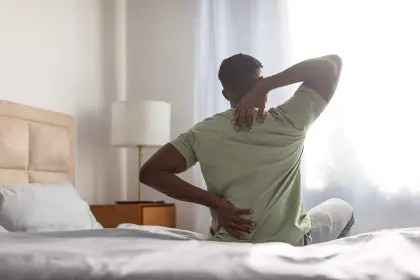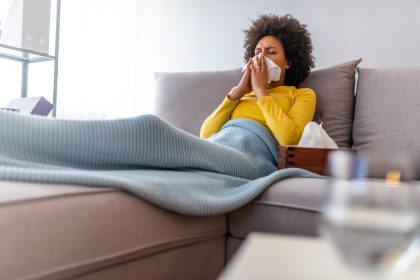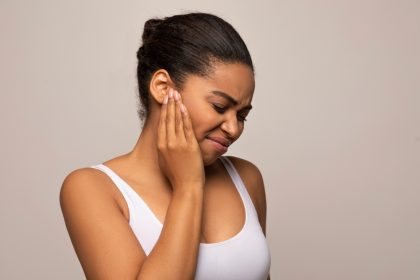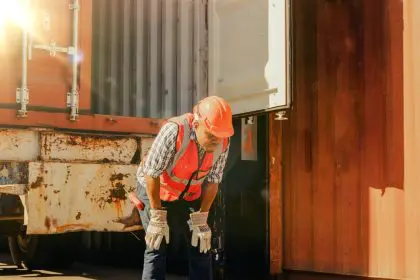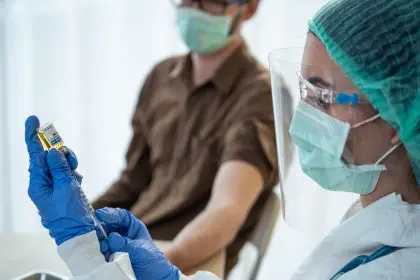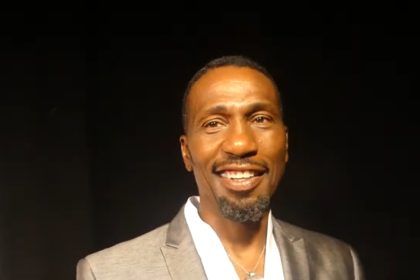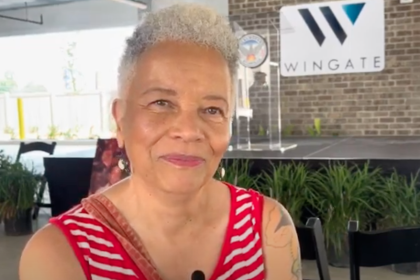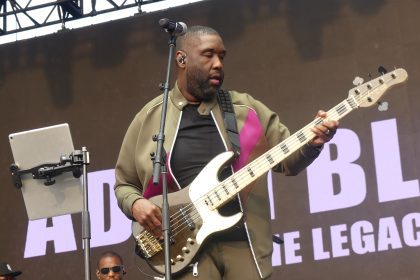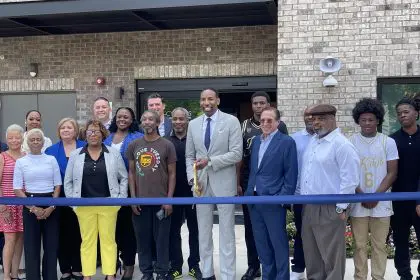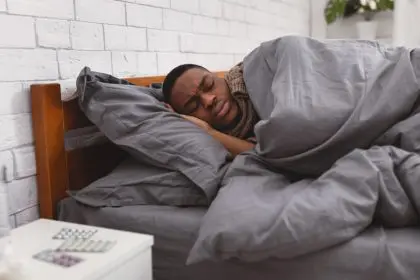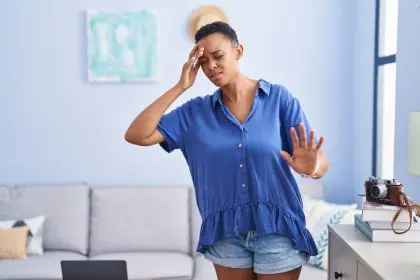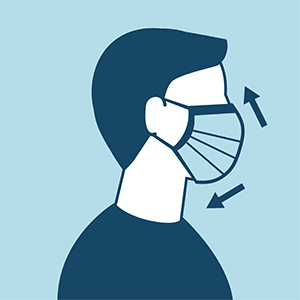
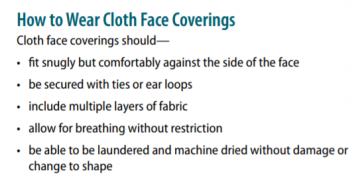
(Source: Centers for Disease Control and Prevention)
At home, under-resourced people and communities often live in multi-generational housing, which severely limits physical distancing. The need to follow guidelines for minimizing transmission among family members living in the same space is even more important, namely:
• Frequent, thorough hand-washing with soap and water
• Frequent disinfection of all surfaces, including shoes and grocery items
• Avoiding face-touching
• Covering coughs and sneezes
• Isolating anyone with symptoms or possible exposure as much as possible
• Immediately washing clothes and showering for people who leave the home for work or errands
• Seeking medical attention when ill
• Possibly wearing masks or cloth face coverings while home
All of these measures — when used together — can help families living together in tight accommodations to minimize risk of COVID-19 infection for themselves and their loved ones.
Stay healthy and fit
Finding food in the midst of layoffs, furloughs and missed paychecks is becoming a priority for more and more people, especially for schoolchildren (who were receiving free or reduced-price meals when schools were in session) and the elderly. At a time when being healthy can make a difference in how people react to and recover from COVID-19, access to nutritional food is more vital than ever. Listed below are several Wellstar community partners that offer essential services such as food and nutrition resources and meal delivery:
• The Atlanta Community Food Bank COVID-19 HELP MAP is a great tool to help locate the nearest food distribution sites.
• The Atlanta Regional Commission has a robust program to provide meals to the elderly.
• Many churches and schools are also delivering food to members of their congregations and surrounding communities.
• Feeding the Valley serves as a centralized source for receiving and distributing donated food, fresh produce and grocery products to families in need.
• Open Hand Atlanta provides freshly prepared home-delivered meals to disabled Atlantans, seniors and at-risk youth.
In addition, because obesity seems to be one of the key factors leading to death for COVID-19 patients, staying fit by exercising can help everyone. This can be as easy as jumping jacks in your living room or walking around the block while social distancing and wearing a mask. Also, regular deep breathing exercises can enhance people’s ability to avoid complications from and survive COVID-19.
Long-term actions
Coordinate, accelerate and activate collaborative actions to help achieve health equity.
While short-term solutions are essential, the long-term work is where we can have a lasting impact on health outcomes for vulnerable populations in Georgia and beyond. What our at-risk neighbors are experiencing in the midst of this crisis is a dramatic illustration of why it’s important to mitigate inequities and universally improve social determinants of health across our city and state — for the health and well-being of everyone.
As Thomas Reid wrote in 1786, “a chain is no stronger than its weakest link.” What impacts our weakest communities weakens us all, therefore, we must identify not only what we must do today to support vulnerable populations, we must also start thinking now about what we can do tomorrow when we are better equipped to manage or eliminate the COVID-19 pandemic.
Although the list of needs is long, and actionable plan that offers some sustainable, short-term results is a good place to start. Some ideas include:
• Educate citizens about health care access through safety-net health care organizations, such as Wellstar Health System, which is a not-for-profit system committed to providing care to all people, all the time.
• Actively partner with community and faith-based organizations to better understand needs and build trust and collaboration. As part of its community health strategy and other initiatives, Wellstar has more than 450 community partnerships to help engage and support communities with vital needs throughout the year in different ways, offering “more than health care.”
• Acknowledge and address our own unconscious biases through training, curricula and the implementation of protocols.
As people who are connected economically, environmentally and socially, we need to get innovative and much more aggressive about addressing the health and racial disparities in our communities. Let’s learn from today to improve tomorrow as a valuable lesson from the current coronavirus crisis: By working together to define effective, measurable and impactful approaches to heal our health inequity problems, we will all be stronger for it.
-Jeffery F. Hines, M.D., who specializes in gynecologic oncology, and Andrew Lee, Psy.D., chief diversity and inclusion officer and vice president of community health at Wellstar Health System.

